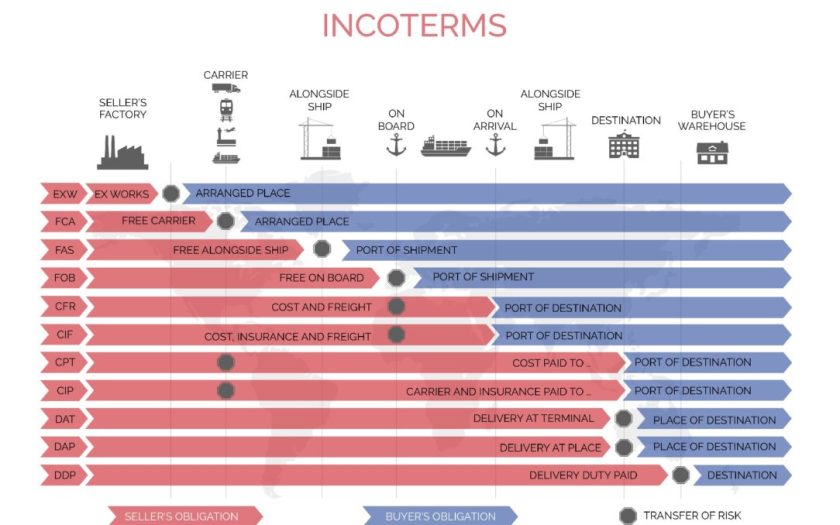Freight shipping can often seem complex, especially with the multitude of industry-specific terms. If you’re new to logistics or looking to expand your knowledge, understanding common freight shipping terms is essential for smooth transactions. In this guide, we’ll break down some of the most frequently used freight shipping terms to help you navigate the world of shipping with ease.
1. Freight
Freight refers to the goods or cargo being transported. This can be anything from small packages to large shipments of materials. Freight can travel by various modes, including air, sea, rail, and truck.
2. Bill of Lading (BOL)
The Bill of Lading is a critical document in freight shipping. It serves as a contract between the shipper and the carrier, detailing the type, quantity, and destination of the goods. It also acts as a receipt and ensures the carrier delivers the shipment as specified.
3. Less-than-Truckload (LTL)
LTL shipping is used when the shipment does not require a full truck’s capacity. Multiple shippers share the truck space, which makes it more cost-effective for smaller loads. LTL shipping is ideal for businesses that need to transport smaller freight amounts but still want a secure shipping method.
4. Full Truckload (FTL)
In contrast to LTL, Full Truckload (FTL) shipping is used when one shipment takes up the entire truck. It’s typically faster than LTL since it involves only one pickup and delivery, without the need for stops or transfers along the way.
5. Freight Class
Freight class is a system used in the U.S. to categorize different types of freight based on factors like weight, dimensions, value, and ease of handling. Freight classes affect the pricing of shipments and are determined by the National Motor Freight Classification (NMFC) system.
6. Dimensional Weight (DIM Weight)
Dimensional weight refers to a pricing technique used by freight carriers where the size of the shipment is considered rather than the actual weight. This method ensures that large, lightweight packages are charged fairly in terms of the space they occupy in a truck or plane.
7. Accessorial Charges
Accessorial charges are additional fees that may be added to the base rate of a shipment. These fees cover extra services like inside delivery, lift gate service, fuel surcharges, and residential delivery.
8. FOB (Free on Board)
FOB is a term used in freight shipping to indicate who is responsible for the goods at different points during the shipment process. If a shipment is marked as “FOB Origin,” the buyer takes responsibility as soon as the freight is loaded onto the transport. “FOB Destination” means the seller retains responsibility until the goods reach the buyer.
9. Drayage
Drayage refers to the short-distance transport of goods, typically from a port to a nearby warehouse or distribution center. Drayage is a key part of intermodal shipping, which combines different transportation modes like sea and truck.
10. Freight Forwarder
A freight forwarder acts as an intermediary between the shipper and the transportation services. They handle the logistics of moving freight, including booking carriers, preparing documents, and ensuring compliance with regulations.
11. Pallet
A pallet is a flat, portable platform used to stack goods for easy movement by forklifts or pallet jacks. Palletized freight is essential for shipping large, heavy, or bulk items, as it ensures stability and safety during transport.
12. Carrier
A carrier is the company or individual responsible for transporting the freight. Carriers can be trucking companies, airlines, or ocean liners, depending on the mode of transportation used.
13. Freight Broker
A freight broker acts as a middleman between the shipper and the carrier, arranging transportation and negotiating rates. Unlike a freight forwarder, a broker does not handle the goods physically or offer warehousing services.
14. Freight Claim
If the freight arrives damaged or is lost during shipping, the shipper can file a freight claim to receive compensation from the carrier. It’s important to document any damage or issues immediately upon receiving the shipment to have a valid claim.
Final Thoughts
Familiarizing yourself with these freight shipping terms can help streamline your shipping process and ensure smoother communication with carriers, brokers, and freight forwarders. Whether you’re shipping locally or internationally, understanding the language of logistics will make your business operations more efficient and cost-effective.
